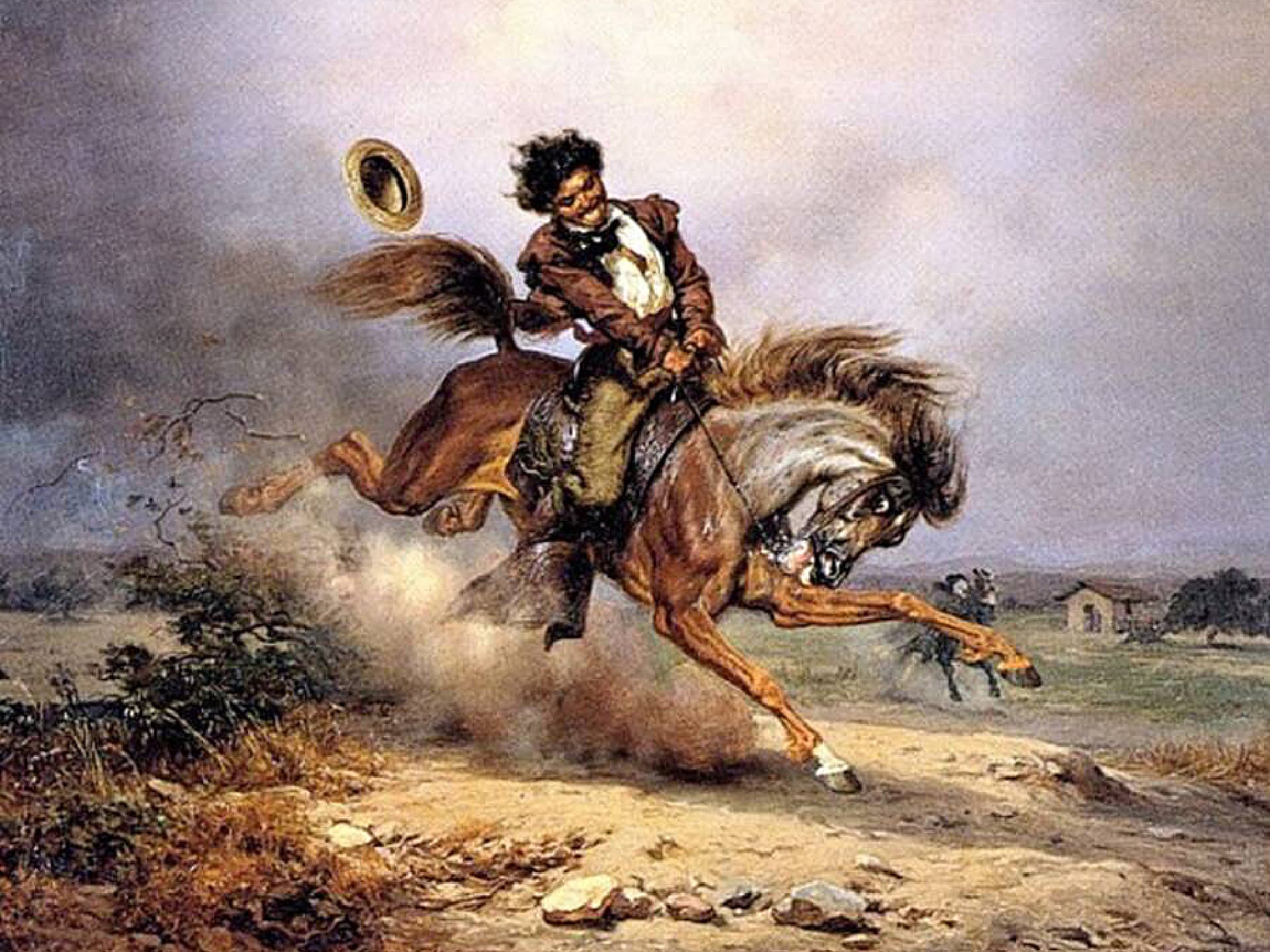Dec. 16, 2024 |
5 W Main: Bandits. While there are roughly 1,000 shootings a year in New York City, there’s been unusual intrigue in the recent murder of UnitedHealthcare’s CEO Brian Thompson in Midtown Manhattan. The 26-year-old suspect now in custody, Luigi Mangione, appears to have planned the crime extensively—the evidence including the words “deny,” “delay,” “depose” etched on the shell casings, in an apparent reference to a 2010 book on the American health-insurance industry, Delay, Deny, Defend.
Remarkably, a significant number of Americans have either celebrated the crime or said that, even if they couldn’t condone murder, they could nevertheless understand why it happened here. When UnitedHealthcare expressed the company’s sorrow about Thompson’s death, the post received more than 80,000 laughing-emoji reactions. Some gave Mangione the nickname “the adjustor,” in reference to insurance adjustors who evaluate claims. And Delay, Deny, Defend sold out in bookstores within hours of news about the shell casings. As the title of an article in one local newspaper put it, “Torrent of Hate for Health Insurance Industry Follows C.E.O.’s Killing.” What is all this?
While edgy, hostile, or even outright terrible behavior may now be common on the internet, the killing does seem to have tapped into an unusual reservoir of frustration in U.S. society—at a time when about half of Americans say they have trouble meeting health-care costs. Polling indicates that most Americans consider the killing unjustified, yet more young people have a favorable view of Mangione than of UnitedHealthcare or the U.S. health insurance industry as a whole.
But the killing may also tap into a cultural trope with a very long history: the romanticization of the “social bandit,” the outlaw who—as the late British historian Eric Hobsbawm explores in his 1969 classic, Bandits—many admire for fighting what they see as injustice. Sometimes, the figure is a “noble robber,” like England’s Medieval Robin Hood; sometimes, a terror-bringing avenger, like Mexico’s nineteenth-century Joaquin Murrieta. “Such is the need for heroes and champions,” Hobsbawm writes, “that if there are no real ones, unsuitable candidates are pressed into service.”
—Gustav Jönsson

